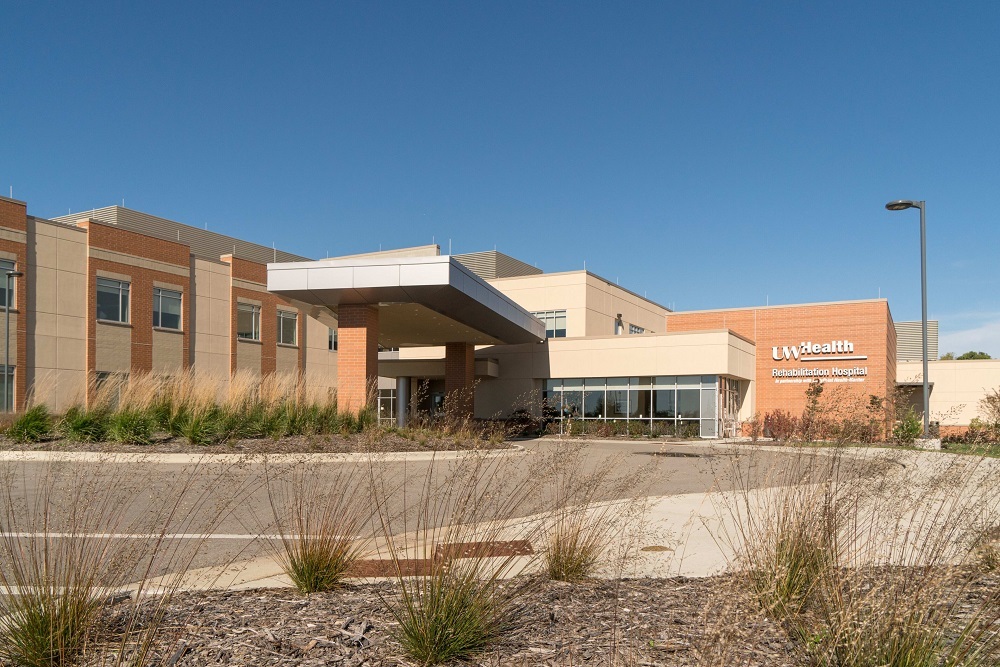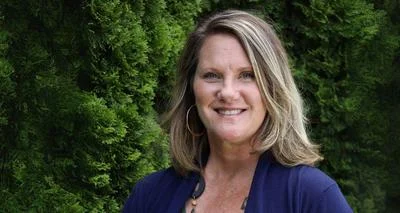American Family Children's Hospital issued the following announcement on June 6.
The UW Health Fetal Diagnosis and Treatment Center, a collaboration between UW Health and UnityPoint Health – Meriter, was created to support pregnant patients and their unborn babies with birth defects before, during and after birth.
Birth defects affect one in every 33 babies born in the United States. The relatively new field of fetal surgery allows for these birth defects to not only be diagnosed long before birth, but cutting-edge research has allowed for surgical treatment of many conditions before the baby is born.
Located at the UnityPoint Health – Meriter Center for Perinatal Care, the new Center includes maternal-fetal specialists, pediatric surgeons, neonatologists and multiple pediatric sub-specialties, bringing them to the expectant family in one convenient appointment, according to Dr. Inna Lobeck, pediatric and fetal surgeon and director of UW Health Fetal Diagnosis and Treatment Center and assistant professor of surgery at the UW School of Medicine and Public Health.
Pregnant patients also meet with a genetic counselor and social worker who provide support for each family. The center features a fetal surgery coordinator who helps guide families every step of the way, from consultations to treatments to supportive care to safely transitioning patients back home, identifying and addressing barriers to care along the way.
As the only fetal surgical center in Wisconsin, the comprehensive center can evaluate, diagnose, and perform fetal intervention when warranted as well as offer delivery and care after birth, according to Lobeck.
“Our center saves families time, money and emotional stress related to multiple appointments, while also providing personalized care and education every step of the journey,” she said.
The center manages a broad range of conditions, including congenital heart defects, urinary tract defects, spinal cord defects, gastrointestinal and lung defects, as well as complex twin conditions.
“With the development of fetal surgery, we are able to offer families hope where there once wasn’t any. Thirty years ago, many of these conditions were untreatable, often resulting in pregnancy loss or poor quality of life,” Lobeck said. “Now we can offer an opportunity to intervene early and change that.”
In the past, not only would patients have to make multiple appointments, sometimes at different locations, they would also need to be referred out of state if they required prenatal surgery, sometimes having to live away from home before delivery, according to Lobeck.
Experts examine, diagnose and treat these babies by offering surgery in-utero before birth or right after birth, depending on the patient and condition. For example, twin-to-twin transfusion syndrome requires urgent intervention before the babies are born to preserve the lives of the twins and continue the pregnancy. Prenatal intervention for conditions like spina bifida offers the baby the best chance at walking and an improved quality of life. For other conditions, close monitoring can help give the baby the best chance of successful surgery after birth, Lobeck said.
“The Center for Perinatal Care has been providing excellent care to high-risk pregnant patients and those with fetal concerns for the past 20 years,” said Sherry Casali, chief nursing executive and vice president of patient care at UnityPoint Health – Meriter. “Now, with the UW Health Fetal Diagnosis and Treatment Center, patients can access fetal treatment here in Wisconsin rather than being referred to surrounding states. We are tremendously excited to support this growth and innovation in fetal diagnostics and treatment."
The UW Health Fetal Diagnosis and Treatment Center began seeing patients in March 2022.
In Wisconsin, approximately 2,000 infants are born with a birth defect each year, impacting 3 percent of all births. For infants born with a birth defect, mortality rates are higher among babies born to Black or Hispanic mothers, compared to babies born to non-Hispanic white mothers.
Original source can be found here.





 Alerts Sign-up
Alerts Sign-up